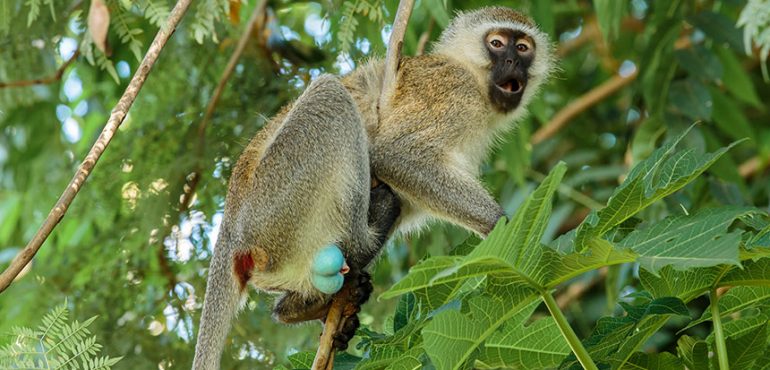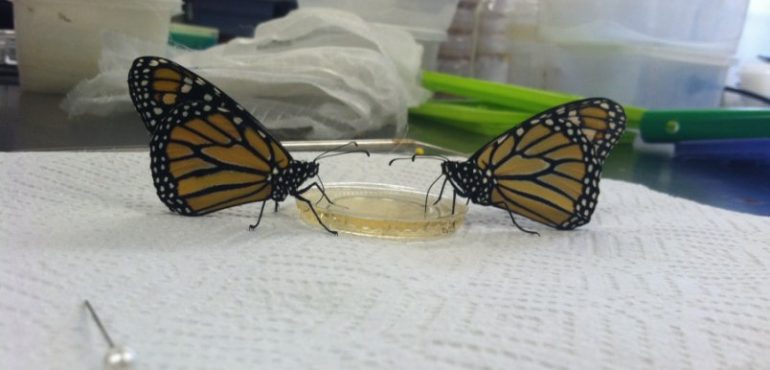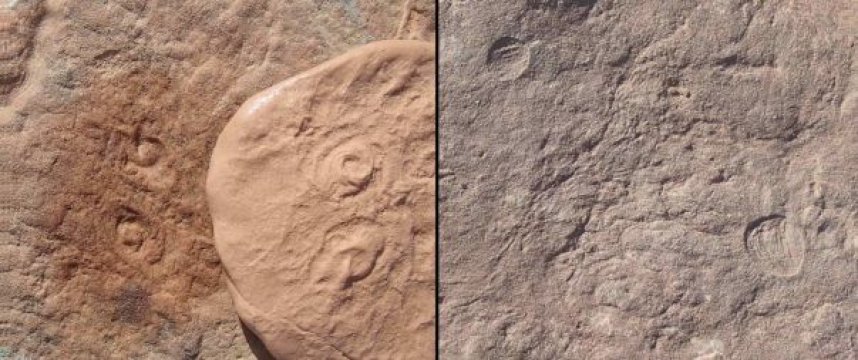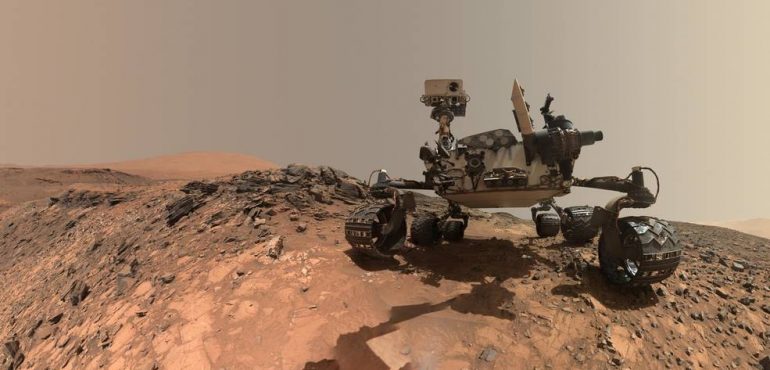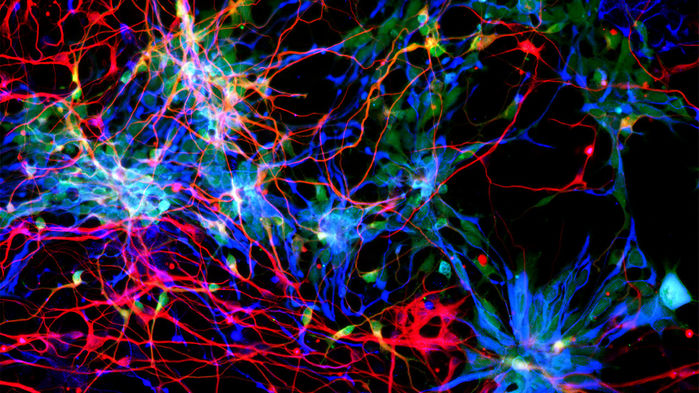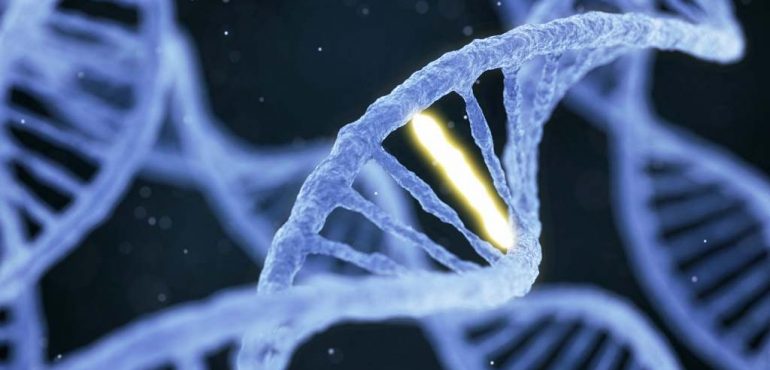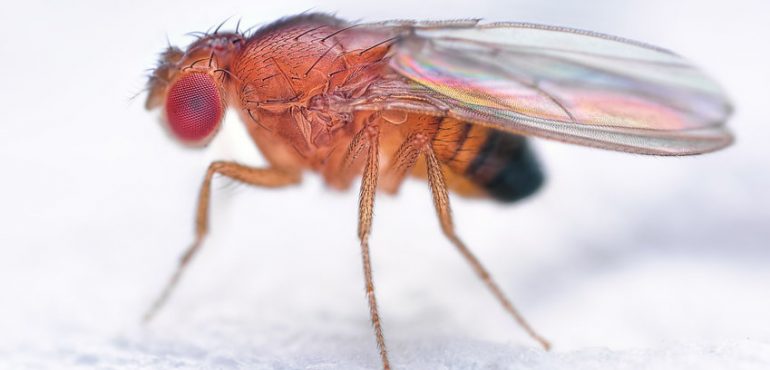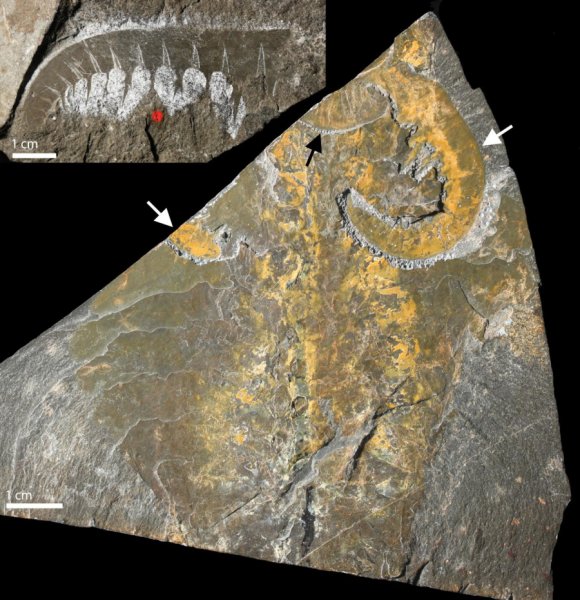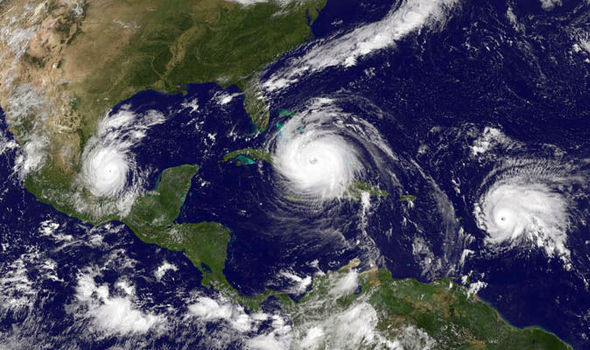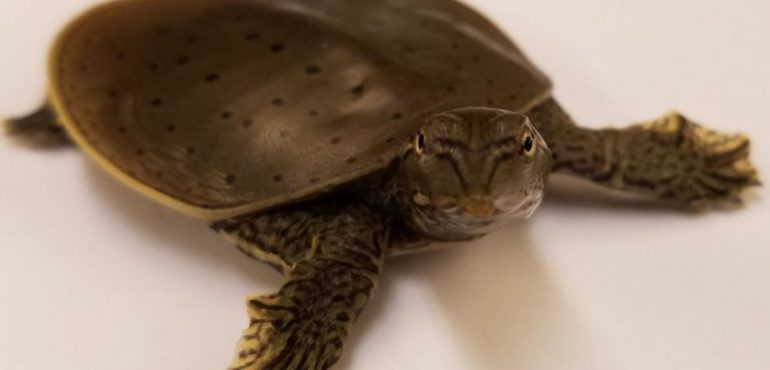The loss of anatomical features is a frequent evolutionary event. For example, humans and other great apes have lost their tail and whales have lost their legs. The most convincing evidence comes from the presence of vestiges in fossils. Unfortunately, the fossil record preserves predominantly vestiges of hard structures such as bones or teeth. Consequently,…
Read more
Evolution of Testes: Molecular Vestiges
